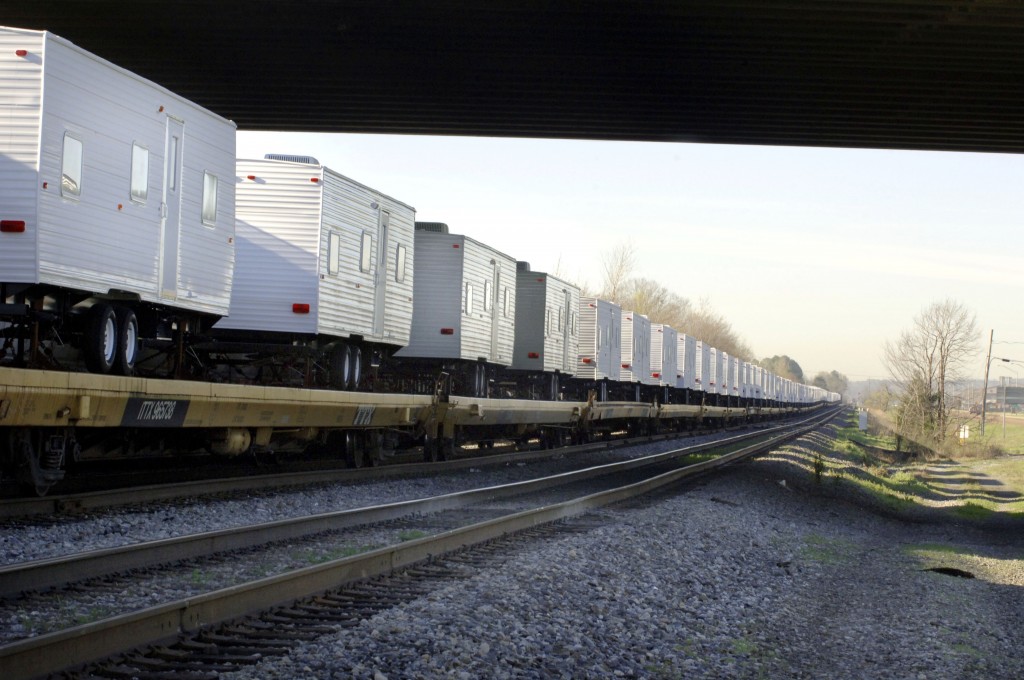Various authorities have been playing regulatory catchup in the wake of unanticipated oil transport by rail increases and several associated accidents. Today’s big news is a US Transportation Department announcement that crude oil moving by rail will be subject to extensive testing for characteristics like vapor pressure and other properties that impact flammability. The testing… Keep reading →
Railroads
Sign up and get Breaking Energy news in your inbox.
We will never sell or share your information without your consent. See our privacy policy.Energy News Roundup: Northeast Heating Oil Supplies Crater Amid Deep Freeze, Prices Spike
By Jared AndersonNortheast distillate inventories decreased by 19% in the past 3 weeks and are currently 50% below the 5-year average, according to the EIA. “Demand for heating oil has outpaced supply during January’s cold snaps, resulting in a drawdown of stocks… In addition to increased demand from consumers that regularly use oil heat, press reports indicate… Keep reading →
The writing has been on the wall since the disastrous train derailment last July near Lac-Megantic in Quebec and subsequent incidents involving the release of flammable liquids during railroad accidents. The issue of rail safety has also gotten a lot of press recently, as crude oil shipments by rail reportedly increased 400% since 2005. Now… Keep reading →
With pipeline infrastructure lagging the rapid increase in US crude oil production, railroads have been the preferred option for moving product to market, but a number of high-profile accidents involving crude oil tank cars are raising concerns. [New York Times] The recent UN Investor Summit on Climate Risk highlights the growth in sustainable investing and… Keep reading →
We may finally get a decision on the Keystone XL pipeline in 2014, but in the meantime the battle over whether or not to construct the oil transportation infrastructure project rages on. This infographic argues in favor of constructing KXL because pipelines are a more efficient transportation method than either trucking or railing crude oil.… Keep reading →






